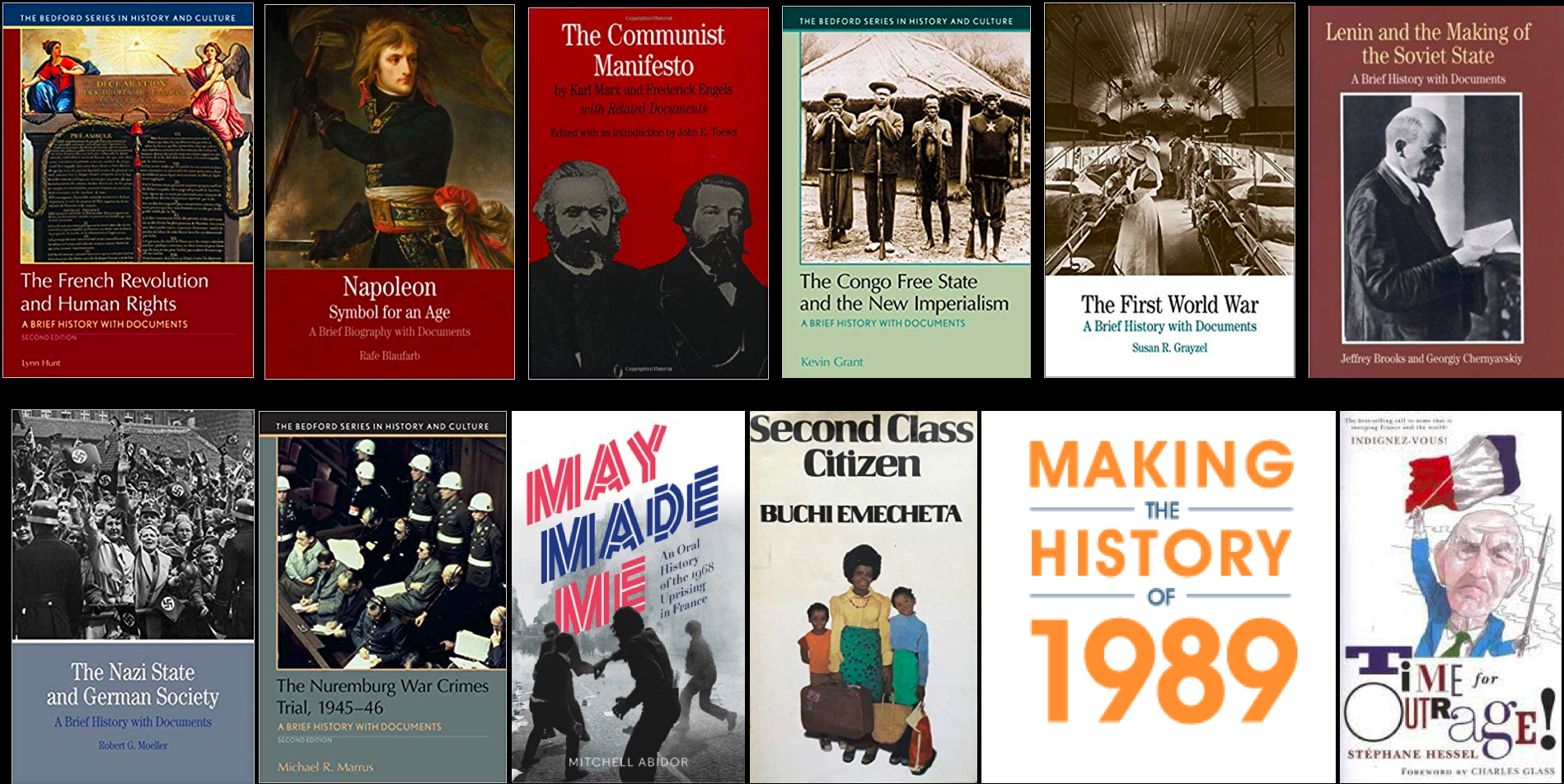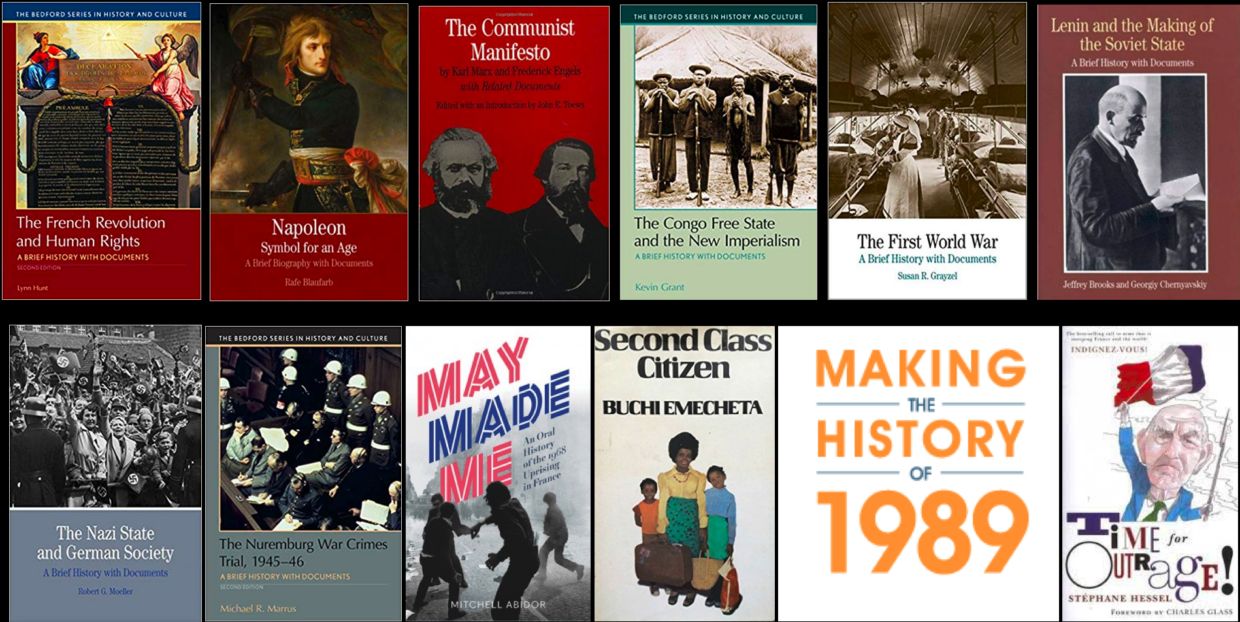This 2000-level survey focuses on 12 topics central to the history of Modern Europe: the French Revolution, Napoleonic era, rise of mass politics, New Imperialism, First World War, Communism, Fascism, World War II, Cold War, 1968, decolonization and immigration, fall of Communism, and decline of the welfare state. To promote the depth of understanding and development of historical thinking skills, each topic is explored over the course of two class sessions. The first session introduces the topic via interactive activities and lectures. In preparation for the second session, which is conducted seminar style, students write 2-3 page interpretive essays based on the assigned primary source readings. During the first half of the semester, students use their weekly writing assignments to practice discreet historical thinking skills, including, sourcing, contextualization, close reading, reading for silences, and corroboration. These skills are assessed at midterms through self-assessment exercises and one-on-one conversations with the professor. During the second half of the semester, students use their weekly writing assignments to practice developing and supporting historical interpretations using their historical thinking skills. These skills are assessed again at the end of the semester, when students submit four revised essays as part of their final portfolios.

